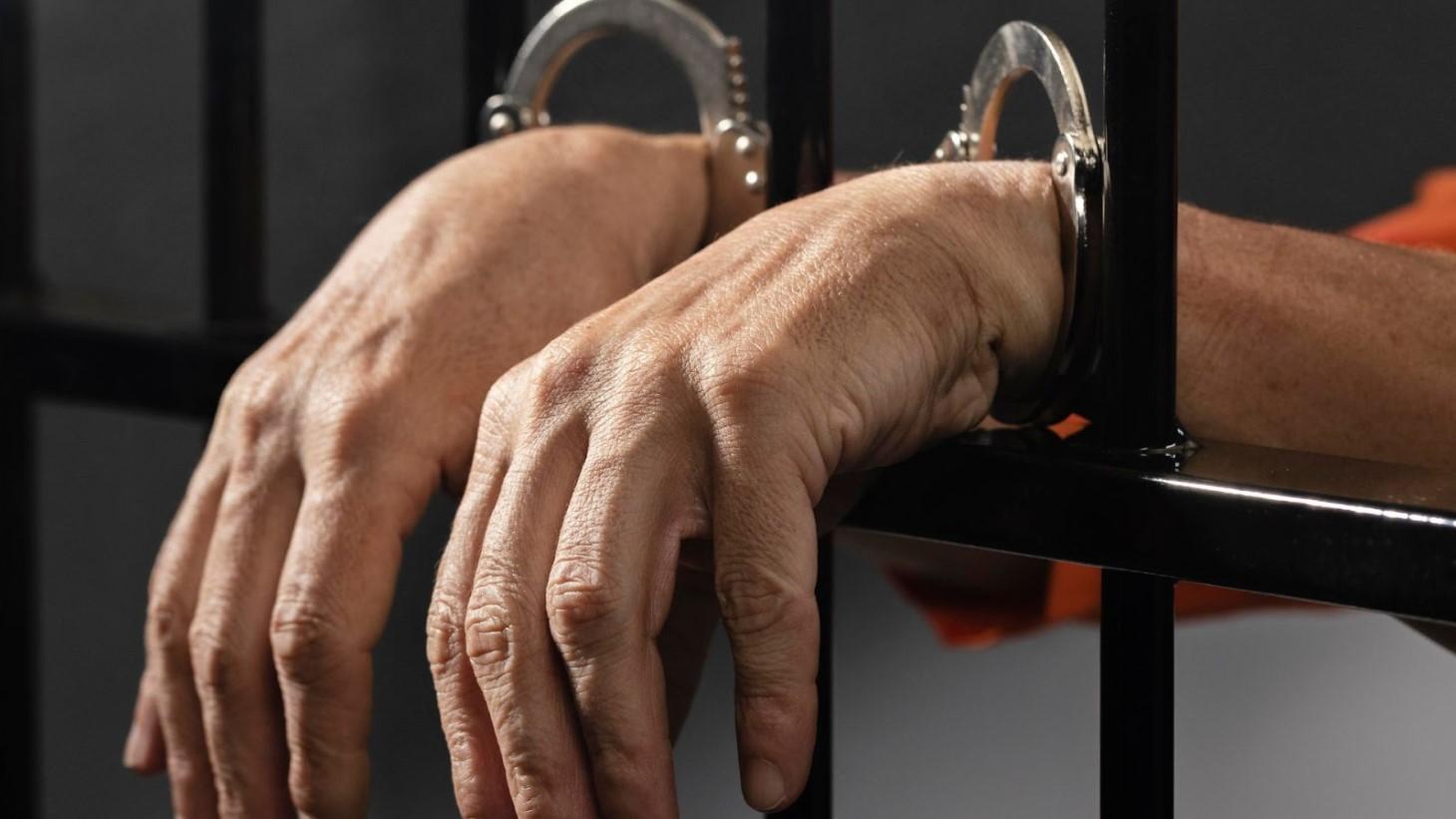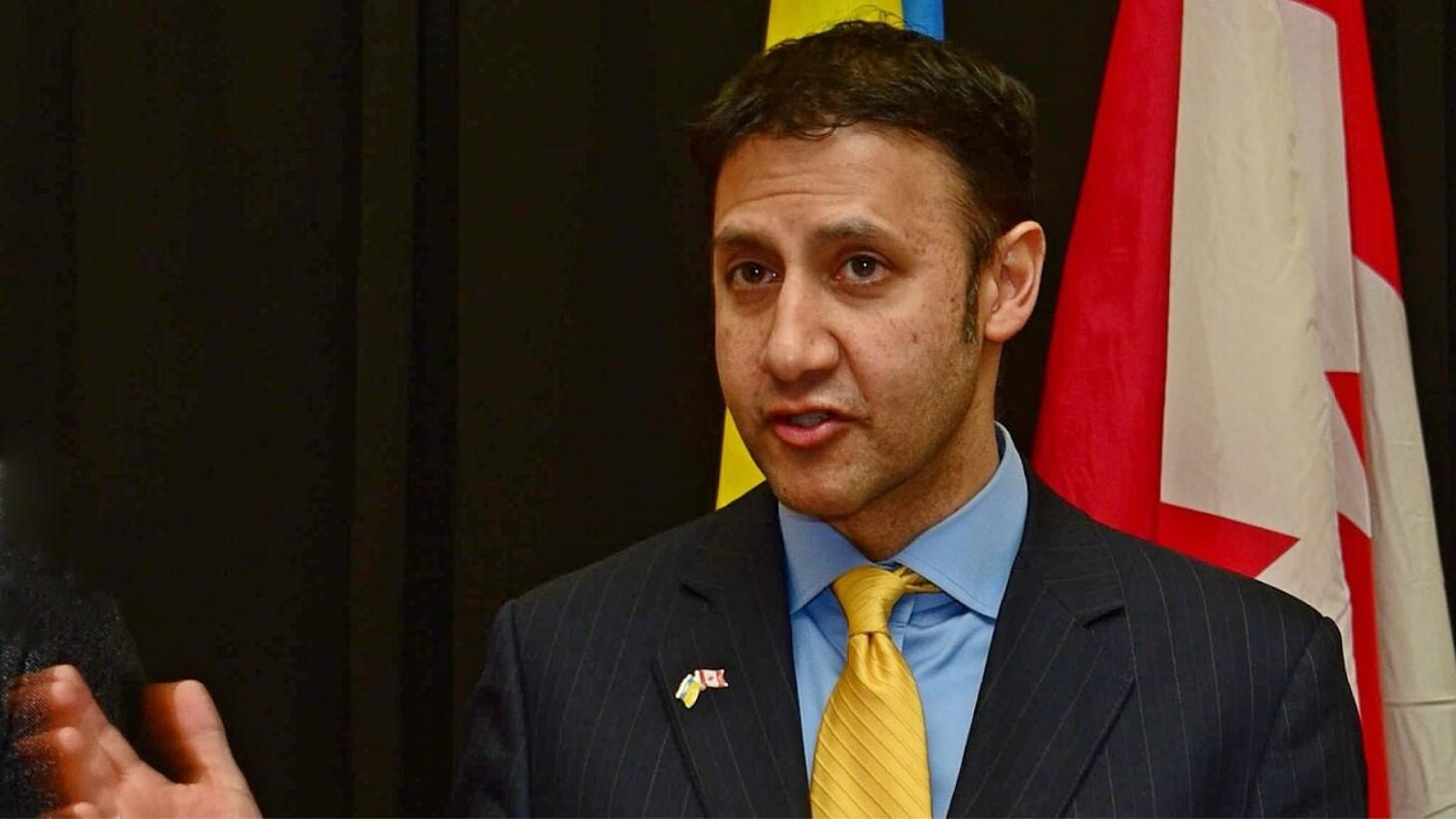The Trudeau government in Canada has endorsed a law that has sparked significant debate. The Online Harms Act, or Bill C-63, could result in life imprisonment for individuals convicted of speech crimes on social media platforms.
This legislation is part of a broader effort to create a safer environment online, particularly for young people. Critics, however, argue that it represents government overreach.
Objectives of the Online Harms Act

The primary goal of the Online Harms Act is to mitigate the dangers present on social media, making these platforms safer for youth.
The bill, introduced late last month, has been met with mixed reactions. Some view it as a necessary step towards protecting vulnerable populations online, while others see it as an excessive measure that could infringe on free speech.
Severe Penalties for Advocating Genocide

Bill C-63 introduces severe penalties for those found guilty of advocating genocide. Specifically, it would allow judges to impose life sentences on adults convicted of such speech crimes.
This marks a significant escalation from current laws, reflecting the government’s intent to crack down on harmful online behavior.
Preemptive Measures Against Potential Offenders

The legislation also includes provisions that would allow judges to impose house arrest and fines based on the reasonable belief that an individual might commit an offense in the future.
This aspect of the bill has drawn comparisons to the concept of pre-crime in the 2002 film “Minority Report,” as noted by Wall Street Journal columnist Michael Taube.
Margaret Atwood’s Criticism

Margaret Atwood, renowned author of “The Handmaid’s Tale,” has criticized the bill as “Orwellian.”
On X, formerly known as Twitter, she stated, “If this account of the bill is true, it’s Lettres de Cachet all over again. The possibilities for revenge false accusations + thoughtcrime stuff are sooo inviting! Trudeau’s Orwellian online harms bill.”
Stephen Moore’s Harsh Words

Conservative author Stephen Moore described the legislation as “the most shocking of all the totalitarian, illiberal, and anti-Enlightenment pieces of legislation that have been introduced in the Western world in decades.”
His comment underscores the controversy surrounding the bill’s approach to regulating online speech.
Increased Penalties for Hate Speech

The bill seeks to extend the maximum prison term for the willful promotion of hatred from two years to five years on indictment.
These changes reflect a significant hardening of penalties for online speech crimes.
The Personal Concerns of Justice Minister Arif Virani

Justice Minister Arif Virani, who introduced the bill, expressed his personal concerns as a father about the dangers the internet poses to children.
He argued for the need to regulate online spaces as rigorously as physical products, saying, “laws exist regulating the safety of toys his kids play with, but not the screen that is in our children’s faces.”
Public Opinion on Online Harms Act

Despite the government’s intentions, public opinion on the effectiveness and implications of the Online Harms Act is divided.
Less than half of Canadians believe that the legislation will make social media sites safer. Concerns about the government’s ability to protect free speech while enforcing these new regulations are prevalent.
Survey Results on Hate Speech Penalties

The National Post reports that according to a survey conducted by Leger, while there is support for introducing stiffer sentences for hate speech crimes, skepticism remains about the government’s ability to implement these measures without compromising free speech.
The survey revealed a nuanced perspective among Canadians regarding the balance between safety and freedom of expression.
Requirements for Social Media Companies

Under the new law, social media companies would be required to develop and implement safety plans to mitigate exposure to harmful content.
They would also have a 24-hour window to remove certain types of content, such as sexual images shared without consent and child abuse images, once reported.
The Role of the Digital Safety Regulator

A new digital safety regulator would be established to oversee compliance with the Online Harms Act.
This body would have the authority to levy substantial fines against platforms that fail to meet the requirements set out in the legislation. This measure aims to ensure that social media companies take active steps to protect users from harmful content.

